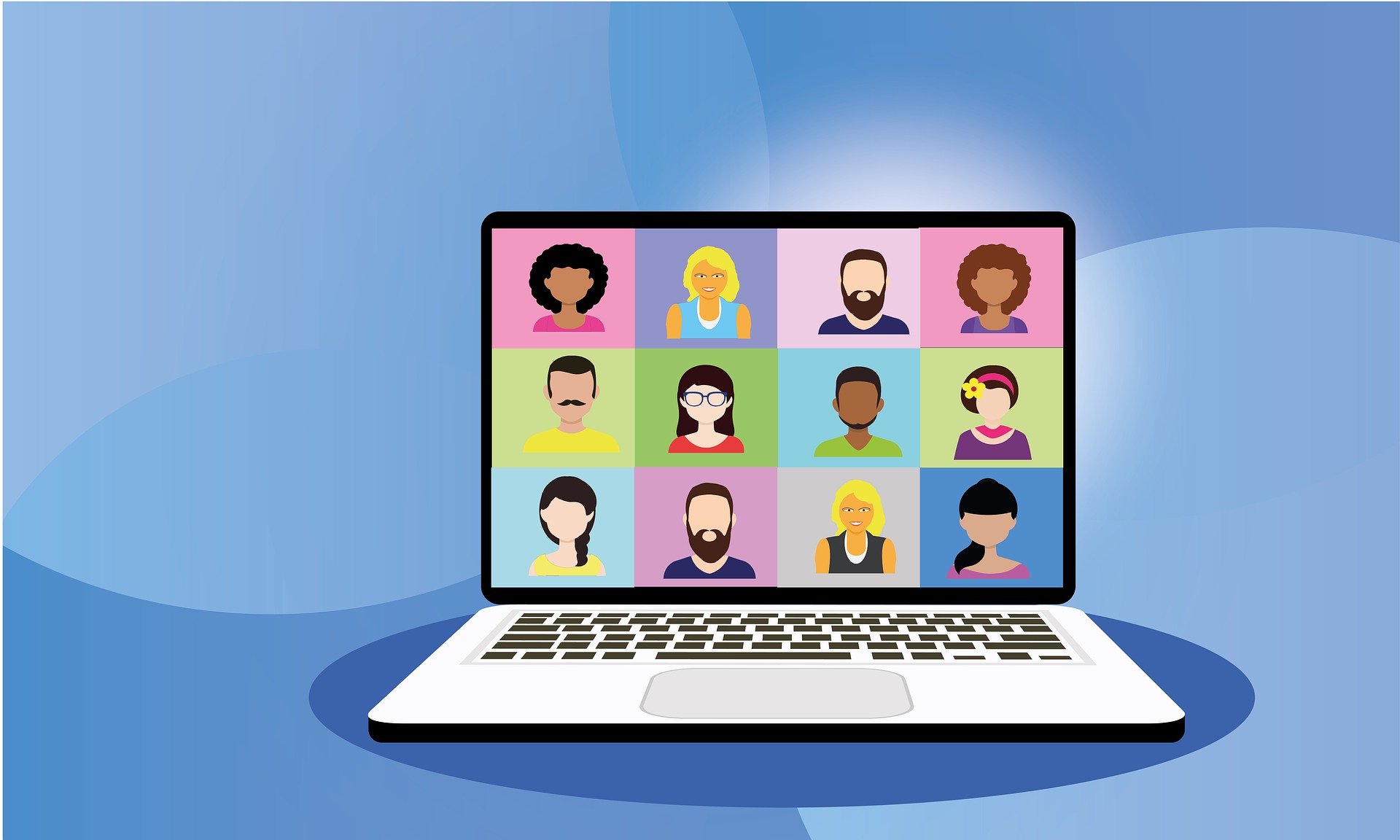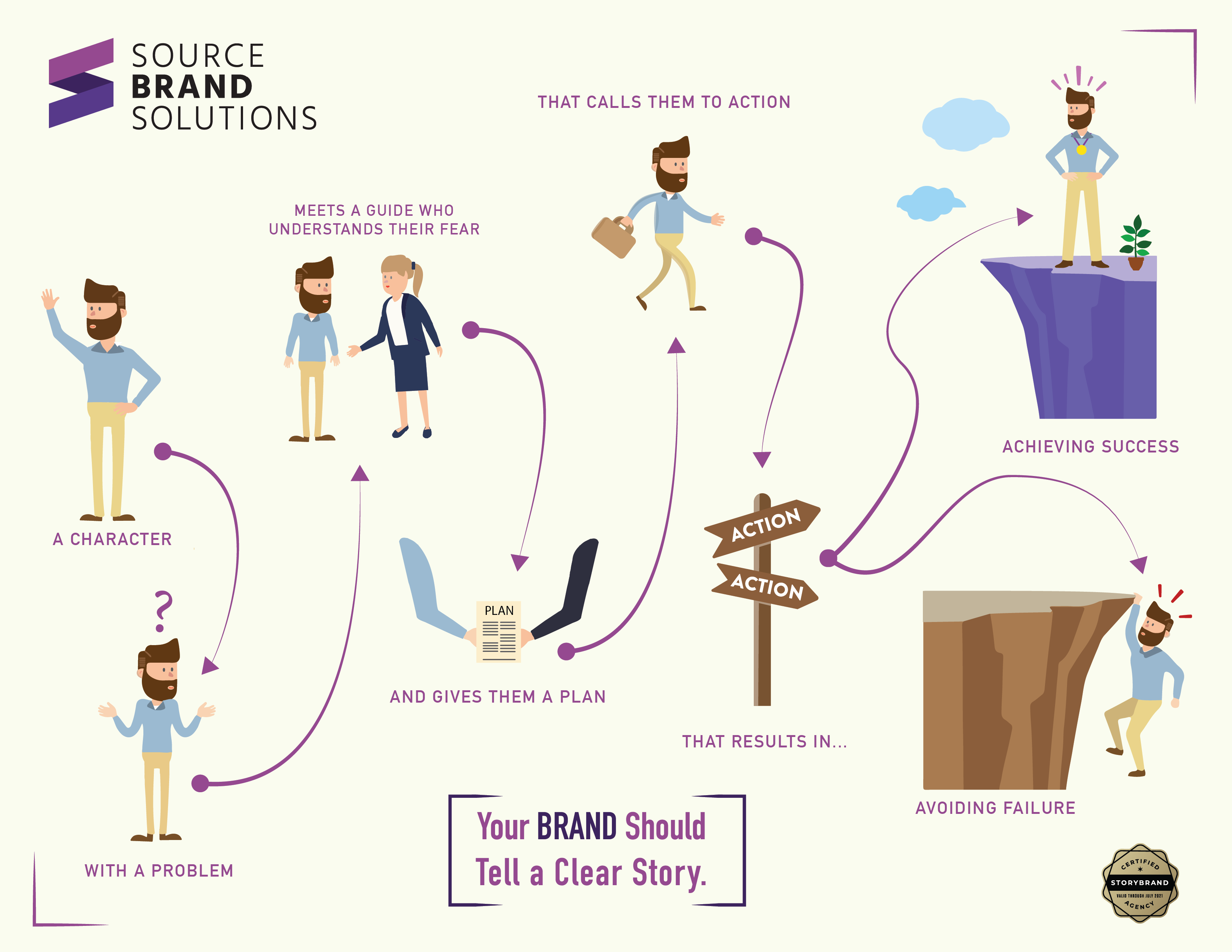Three Things We’ve Learned From the Pandemic About Effective Meetings
Posted in Soft Skills for Professionals on

Obviously, the pandemic is something nobody could have predicted. Everything happened so fast; having to go from our once in-person meetings to Google Hangout meetings. Like virtually every other company in the U.S. had to do as well.
Here’s a few things we’ve learned about effective virtual meetings from countless days of having these meetings with clients and co-workers.
Need tips on how to grow your business? Check out our Business Checkup Workbook.
- Plan the meeting ahead of time. This has been a huge factor for us with virtual meetings. What we like to do is create a Google Document and share it with the whole team a few days before our team meeting. The doc contains the various topics we’ll be discussing, and by sharing it with the team a few days in advance, everybody can have a chance to throw in any ideas, suggestions or questions they may have.
Not only does this help us stick to our time window, but it allows us to cover each topic and hear everybody’s input by simply going down the list.
When we meet with clients, we’re intentionally about sharing the items we need to discuss ahead of time so we don’t catch them off guard during the meeting. - Virtual meetings helped with getting to the point quicker. As much as it’s nice to catch up with people, with virtual meetings there’s actually less of it because it’s more natural to do in person.
But even with our hybrid schedule of two days in the office and three days at home, we don’t spend a lot of time talking about personal things. Instead, we dedicate five minutes of our team meetings to discuss one positive aspect of our week – either personal or professional. This provides an opportunity to celebrate with one another without getting off track. - An effective meeting is about agenda and pace–not coffee and handshakes.
A best practice our team practices internally is kicking off the meeting exactly when it is scheduled to start. We don’t wait even a few minutes if people are late. The latecomers are not shamed, but they are responsible for catching up with the agenda and finding out what they missed. If there are conversations that need to be addressed in more detail, someone takes the task to schedule a separate meeting or start an email thread.
We find that clients appreciate this approach as well. Rapport and trust is built when we use our meeting time to fully understand their goals instead of waste time discussing the weather or making small talk.
Check out our blog article about the power of simply saying “thank you” to a colleague.


